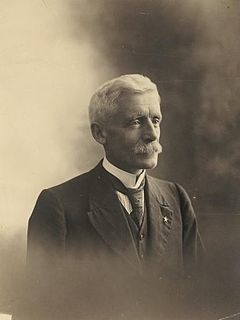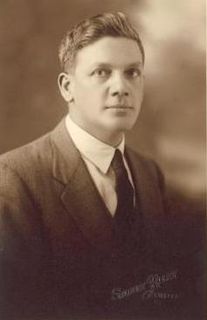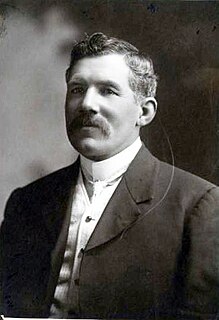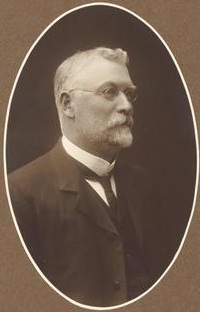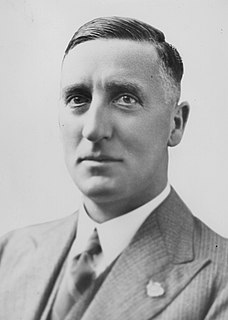John Coates | |
|---|---|
| Member of the Australian Parliament for Denison | |
| In office 2 December 1972 –13 December 1975 | |
| Preceded by | Robert Solomon |
| Succeeded by | Michael Hodgman |
| Senator for Tasmania | |
| In office 1 July 1981 –20 August 1996 | |
| Succeeded by | Kerry O'Brien |
| Personal details | |
| Born | 23 March 1944 Melbourne, Victoria |
| Nationality | Australian |
| Political party | Australian Labor Party |
| Alma mater | University of Sydney |
| Occupation | Biochemist |
John Coates (born 23 March 1944) is an Australian retired politician. Born in Melbourne, he was educated at the University of Sydney, after which he became a biochemist at the University of Tasmania. In 1972, he was elected to the Australian House of Representatives as the Labor member for Denison, defeating sitting Liberal MP Robert Solomon. He was defeated by Liberal candidate Michael Hodgman in 1975, but in 1980 returned to politics when he was elected to the Senate. He remained a Senator until he resigned his place on 20 August 1996, six months after the federal election that had removed Labor from power. [1]

Australia, officially the Commonwealth of Australia, is a sovereign country comprising the mainland of the Australian continent, the island of Tasmania, and numerous smaller islands. It is the largest country in Oceania and the world's sixth-largest country by total area. The neighbouring countries are Papua New Guinea, Indonesia, and East Timor to the north; the Solomon Islands and Vanuatu to the north-east; and New Zealand to the south-east. The population of 25 million is highly urbanised and heavily concentrated on the eastern seaboard. Australia's capital is Canberra, and its largest city is Sydney. The country's other major metropolitan areas are Melbourne, Brisbane, Perth, and Adelaide.
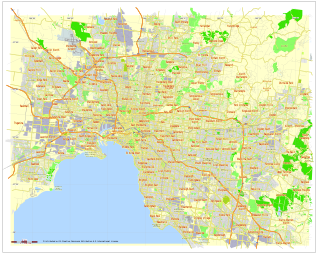
Melbourne is the capital and most populous city of the Australian state of Victoria, and the second most populous city in Australia and Oceania. Its name refers to an urban agglomeration of 9,992.5 km2 (3,858.1 sq mi), comprising a metropolitan area with 31 municipalities, and is also the common name for its city centre. The city occupies much of the coastline of Port Phillip bay and spreads into the hinterlands towards the Dandenong and Macedon ranges, Mornington Peninsula and Yarra Valley. It has a population of approximately 5 million, and its inhabitants are referred to as "Melburnians".
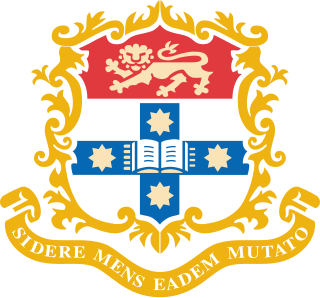
The University of Sydney is an Australian public research university in Sydney, Australia. Founded in 1850, it is Australia's first university and is regarded as one of the world's leading universities. The university is colloquially known as one of Australia's sandstone universities. Its campus is ranked in the top 10 of the world's most beautiful universities by the British Daily Telegraph and The Huffington Post, spreading across the inner-city suburbs of Camperdown and Darlington. The university comprises 9 faculties and university schools, through which it offers bachelor, master and doctoral degrees.
Coates announced his resignation from the Senate on the same day that his ALP colleague Senator Mal Colston left the party and with Coalition support was elected Deputy President of the Senate. Senator Coates announced his resignation in the Senate just shortly after Colston's election as Deputy Senate President and when Senator Coates made this announcement there was an interjection from across the chamber from Liberal Senator Alan Ferguson. In reference to the Colston defection earlier in the day, Senator Ferguson in response to Senator Coates' announcement said "Another one." Whilst still in the middle of making his resignation speech, Senator Coates responded in kind by saying, "From the Senate not from the Australian Labor Party."


